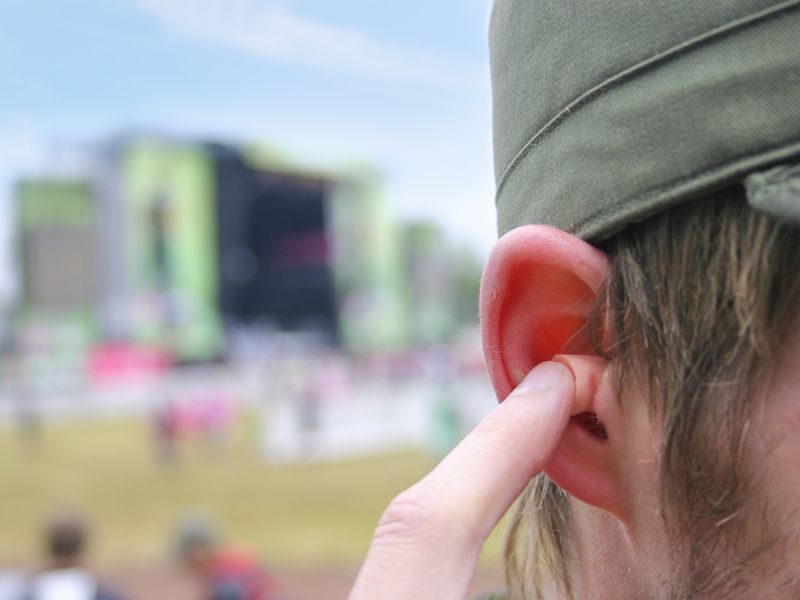
If you’re exposed to loud sounds, say using a lawnmower in your backyard, going to an arena to see your favorite band in concert, or simply sleeping in your own bed next to a snoring spouse, earplugs may be practical. In the first two circumstances, they can assist in safeguarding your hearing by turning down the volume. They help save your sanity and perhaps even your marriage, in the last instance, by allowing you to get a good night’s sleep. But are your ears being harmed by these protectors?
Why Utilize Earplugs in The First Place?
It’s a fairly simple argument for wearing earplugs: Properly used, earplugs can reduce your exposure to excessive sound levels and thereby safeguard your hearing. After you leave a loud place, say a football game where the announcer keeps exhorting the crowd to, GET LOUD, every time the other team kicks off, you’ve most likely observed that your hearing seems off, and you might also have symptoms of tinnitus. This happens because those extremely loud sounds can actually bend the little hair cells in your inner ear. In a couple of days, when the hairs have recovered, it generally goes away.
But if you’re subjected to excessive decibels frequently, for example, if you work on a construction site or at an airport, the aural assault on those tiny hair cells is relentless. In this instance, those hairs don’t recover, they are permanently injured. There are about 16,000 of those tiny cells inside each cochlea, but up to 50% of them can be harmed or destroyed before your hearing has changed enough for the deficiency to show up in a hearing assessment.
How Can Earplugs Result in Injury?
When it comes to safeguarding your ears, it seems like it would be a no-brainer to utilize earplugs. But particularly if you’re in scenarios where you’re subjected to loud noises on a regular basis (like on the job or when your significant other snores as previously stated), headphones that decrease, but don’t entirely cancel, sound or over the head earmuffs are a much better choice. Earplugs aren’t the best choice for day to day use but are better suited to one time occasions such as a sports event or a concert.
Why? For one, earwax. Your ears generate wax to protect themselves, and if using earplugs is something you do regularly, more earwax will be produced, and you are likely to jam it in with the plugs. This can cause troubles like impacted earwax, which can cause tinnitus and other hearing concerns.
Ear infections can be another complication for those who use earplugs. They can become bacteria breeding grounds if you wear the same pair without proper cleaning and disinfecting. At the very least, ear infections are a disruption to your day to day life. But at the worst-case-scenario end of the spectrum, they can also result in a loss of hearing if left untreated.
How Can You Utilize Earplugs Safely?
Whether it’s a good night sleep or safeguarding your ears, there’s still a formidable positive to using earplugs. Using them in the proper way and using the right kind is the key to success. Foam earplugs are the least costly, which is good because you really should not reuse them, the soft, porous material is a germ’s paradise. Don’t put wax or silicone earplugs back in until they are completely dry after using warm water to entirely clean them. It’s also a good plan to keep earplugs in a ventilated container to discourage humidity, or worse, mold or bacteria, from accumulating.
You might want to talk to us concerning custom fit earplugs if you want or need them regularly. These are made from unique molds of your ears, they’re reusable and since they’re fitted to your ears, their comfortable. But it’s crucial not to forget, smart earplug hygiene can stop hearing damage.